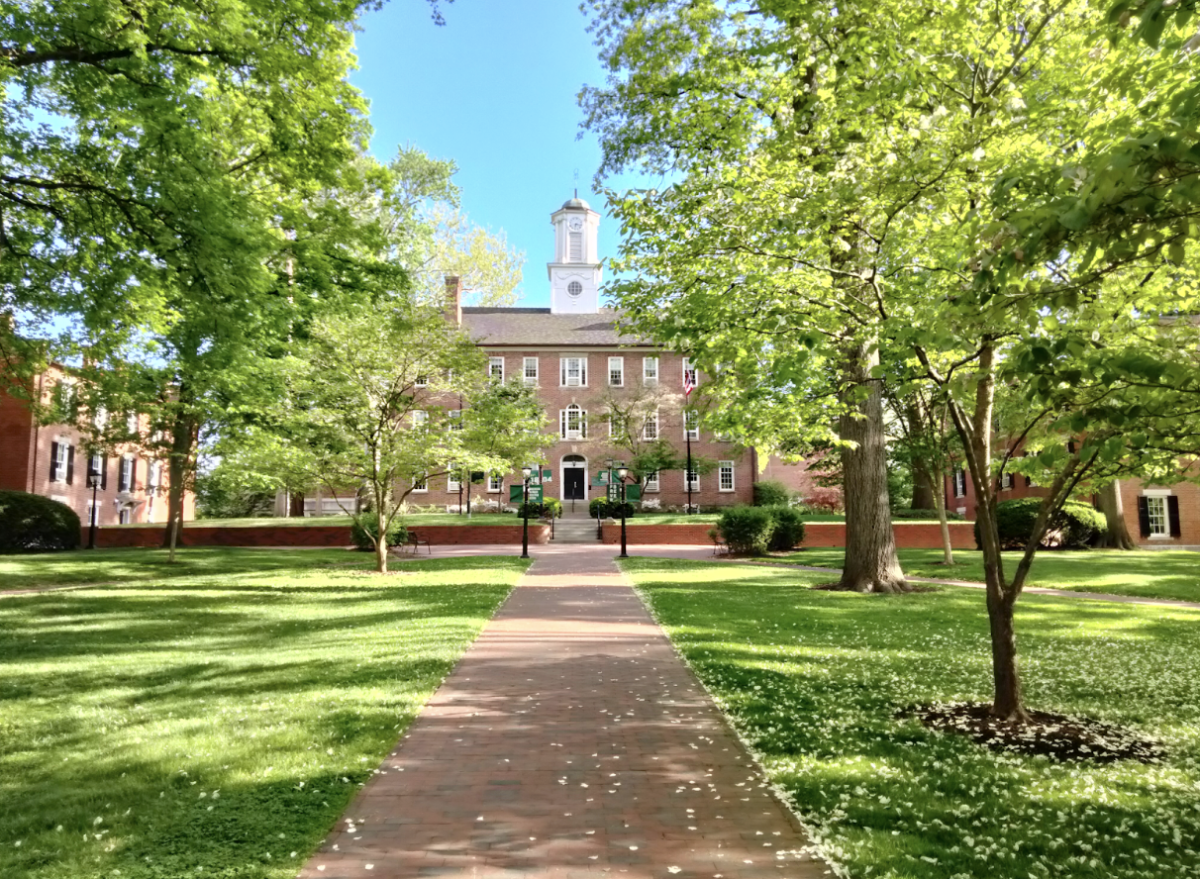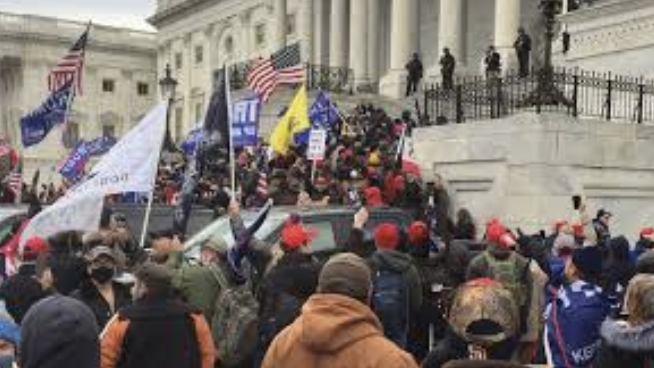On September 24th, 2024, Marcellus Williams was executed for the murder of Felicia Gayle despite campaigns, investigations, his family, and prosecutors alike begging the state for him to be spared.
In 2001, Williams was convicted of first-degree murder of Gayle, as well as charges of burglary and robbery in St. Louis City, Missouri—the crime occurring three years prior. For the past 24 years, Williams lived on death row.
Williams pleaded not guilty to the supposed “burglary gone wrong.” However, St. Louis police during the investigation had two substantial leads: Henry Cole, a former cellmate of William’s, and Laura Asaro, William’s former girlfriend. Cole contended in court testimony that Williams had confessed to committing the crime. The court relied heavily on both of their testimonies for conviction.
The Midwest Innocence Project and Innocence Project posit a different story of the case and conviction; specifically, the two testimonies given by Cole and Asaro were heavily incentivized. Cole stated in his 2001 deposition that he wouldn’t have come forward if it wasn’t for the $5,000 he was given by prosecutors. Asaro had a history of deception, including lying under oath about her arrest history.
Both Cole and Asaro’s testimonies and details about the crime were significantly different from one another and neither matched crime scene evidence. Cole’s testimony was very similar to newspaper reports of the crime, and he testified Williams had scratch marks on him from the murder despite no physical evidence pertaining to such.
The most excruciating exculpatory evidence of all is DNA. The actual murderer and perpetrator of the crime left plenty of evidence, including fingerprints, hair, footprints, and trace DNA on the knife handle of the murder weapon. The Innocence Project states that none of this evidence and DNA matches with that of Williams. However, DNA samples were not used or reviewed in the case.
Yet, DNA testing prior to a case still has the ability to exonerate someone. In 2017, then Missouri Governor Eric Greitens appointed a board of inquiry to review evidence collected after Williams’s conviction, and for the board to make a recommendation on whether Greitens should use his clemency to pardon Williams.
When Governor Mike Parson was elected in 2018, then re-elected in 2020, he dissolved the board tasked with the investigation of the case, and Attorney General Andrew Bailey set an execution date. In a press release on September 24th, the day of Marcellus Williams’ execution, Governor Parson rationalized the death penalty: “Capital punishment cases are some of the hardest issues we have to address in the Governor’s Office, but when it comes down to it, I follow the law and trust the integrity of our judicial system.”
Governor Parson continues that DNA testing taken prior to William’s conviction has never exonerated him, and Governor Parson further mentions both testimonies of Cole and Asaro providing a damning conviction.
Inherently, DNA evidence trumps malleable memory and incentivized testimonies in a court of law. While Governor Parsons contends that no DNA evidence has exonerated Williams, his dissolving of the board of inquiry eliminated that possibility altogether.
Racial bias has influenced and continues to influence the judicial system and the U.S.’s institution and concept of justice. The American Civil Liberties Union (ACLU) cites that six out of seven black jurors were removed from Williams’ trial, with one receiving an incredibly racist comment that he “looked like Williams’ brother.” The details of the case, specifically that Williams was a black man and Gayle was a white woman, ties to what the ACLU argues: “black men accused of killing white women are far more likely to be sentenced to death than others.” The concept of ‘white tears’ or ‘white women’s tears’ has been perpetuated for decades, and it has not only lamented racism, but has contributed to the institutional oppression of African-Americans. This case is no different, despite the contentions and malformed sense of justice Governor Parson believes he has.
During Williams’ time in prison, in between countdowns to capital punishment, he found solace in writing poetry. In his final poem before his death, “At last…Another’s heartbeat,” he wrote; “how strange it is to become aware of another’s heartbeat but forget one’s own—finally love.” Until his last breath, Williams pleaded his innocence.



![[Charlie Kirk] by [Gage Skidmore] is licensed under [CC BY-SA 2.0].](https://flhsprospect.com/wp-content/uploads/2025/09/charlie-kirk-article-1200x800.jpg)




